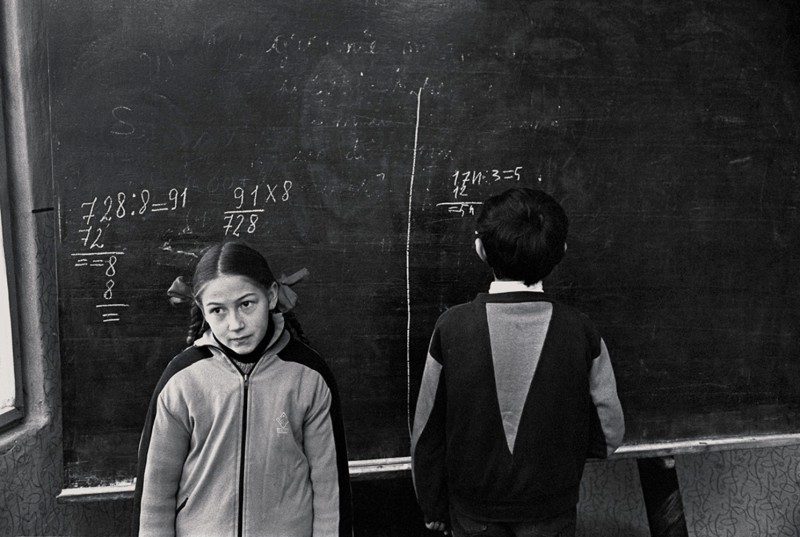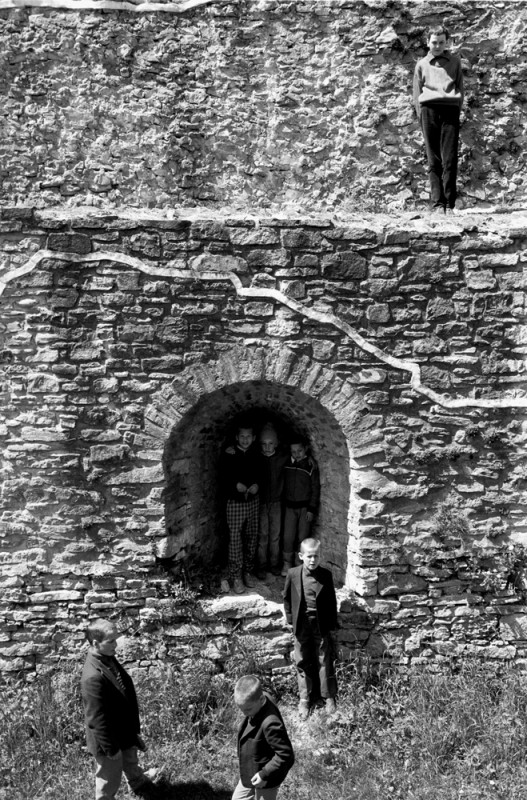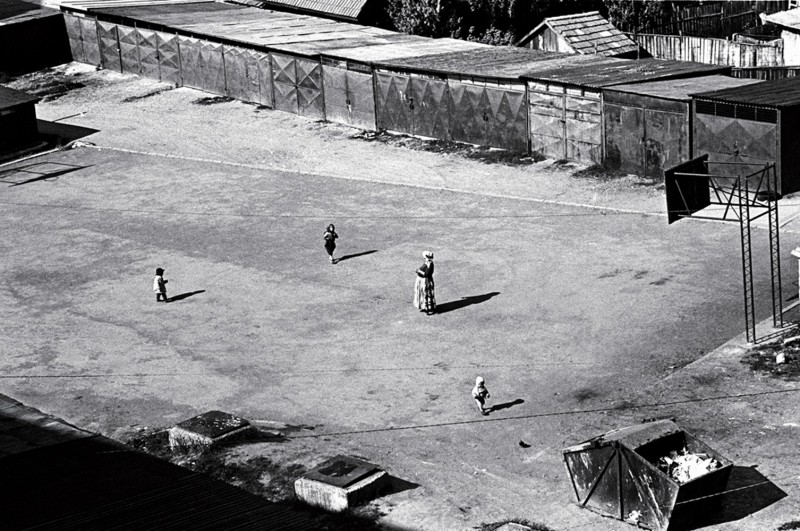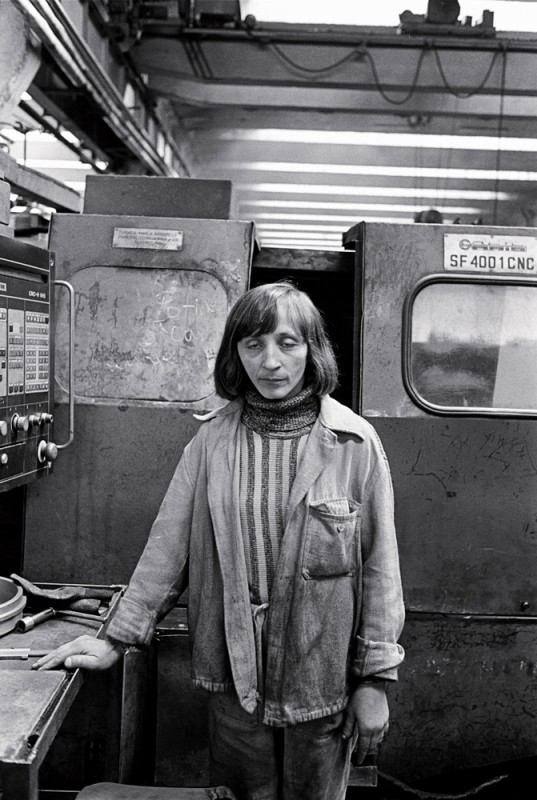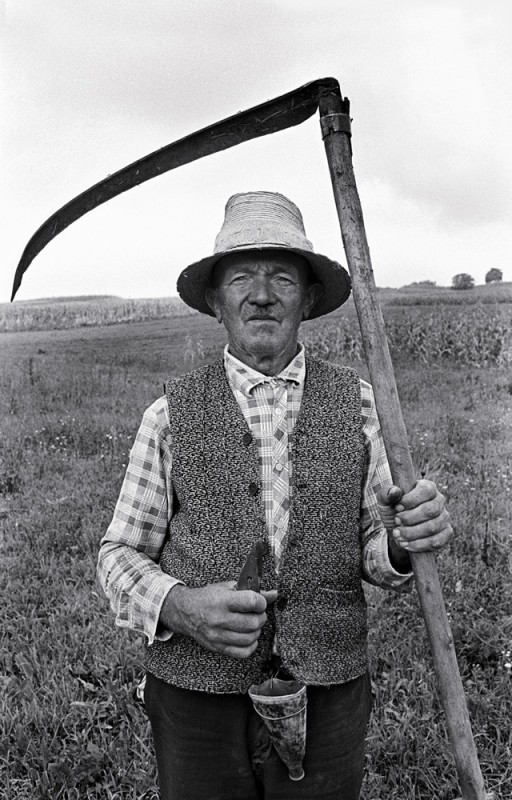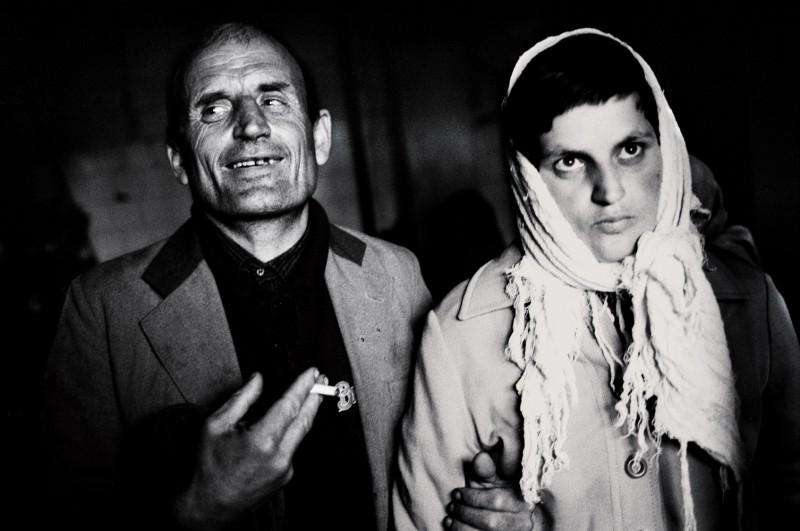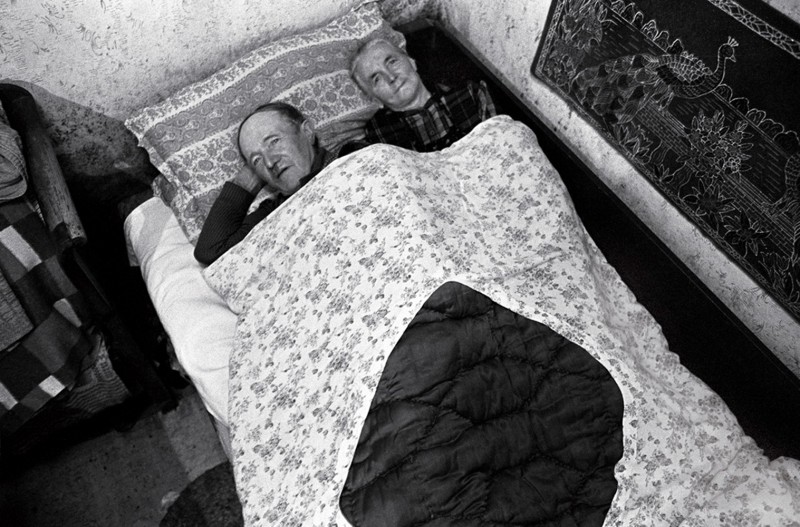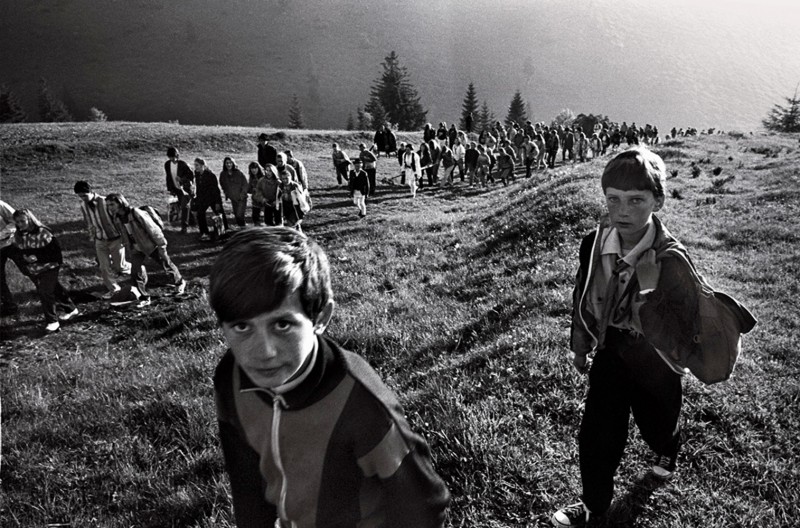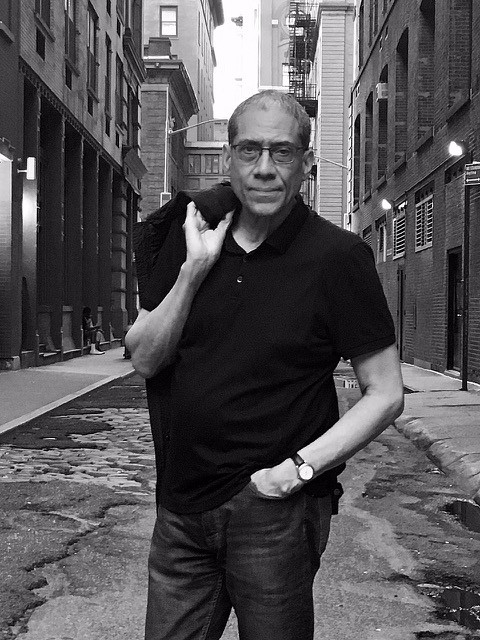The December Revolution und its Consequences
The December Revolution und its Consequences
Joseph Rodríguez
April 17, 2015
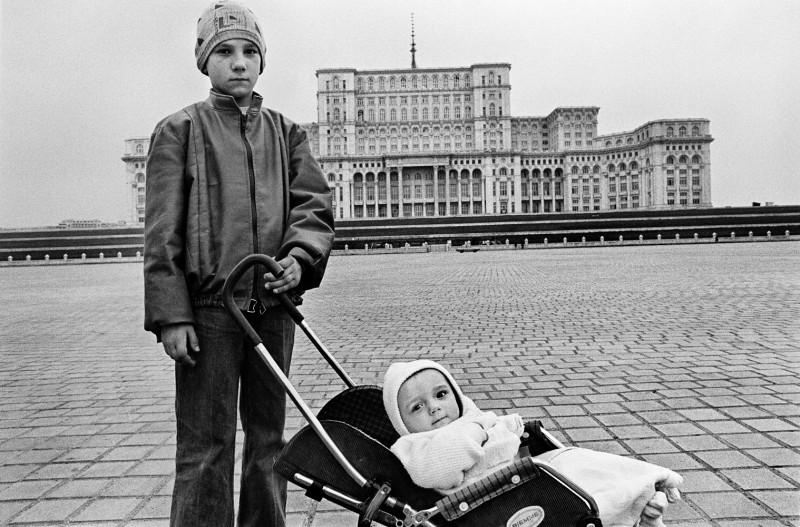
Many photographers who travelled to Romania after the revolution documented the gruesome conditions in the country’s orphanages. Joseph Rodriguez did likewise, but in addition to the suffering, he also searched to establish visual contact with the villages and the industrial regions. From time to time, he even appears to have stumbled upon carefree scenes with people who seem to have regained a certain joie de vivre; but those moments are few and far between. If they are even able to hold eye contact, his protagonists’ eyes mostly reflect insecurity, sorrow and pain.
More photos can be seen in the current issue of LFI.
Joseph Rodríguez+-
Joseph Rodríguez is a documentary photographer born and raised in Brooklyn, New York. He studied Photography at the School of Visual Arts and as part of the Photojournalism and Documentary Photography Program at the ICP in New York City. Today Rodriguez teaches at New York University, New York, and has also taught at universities in Mexico and Europe, including Scandinavia. Rodriguez won an Alicia Patterson Journalism Fellowship in 1993, photographing gang families in East Los Angeles. His work is exhibited internationally. More

